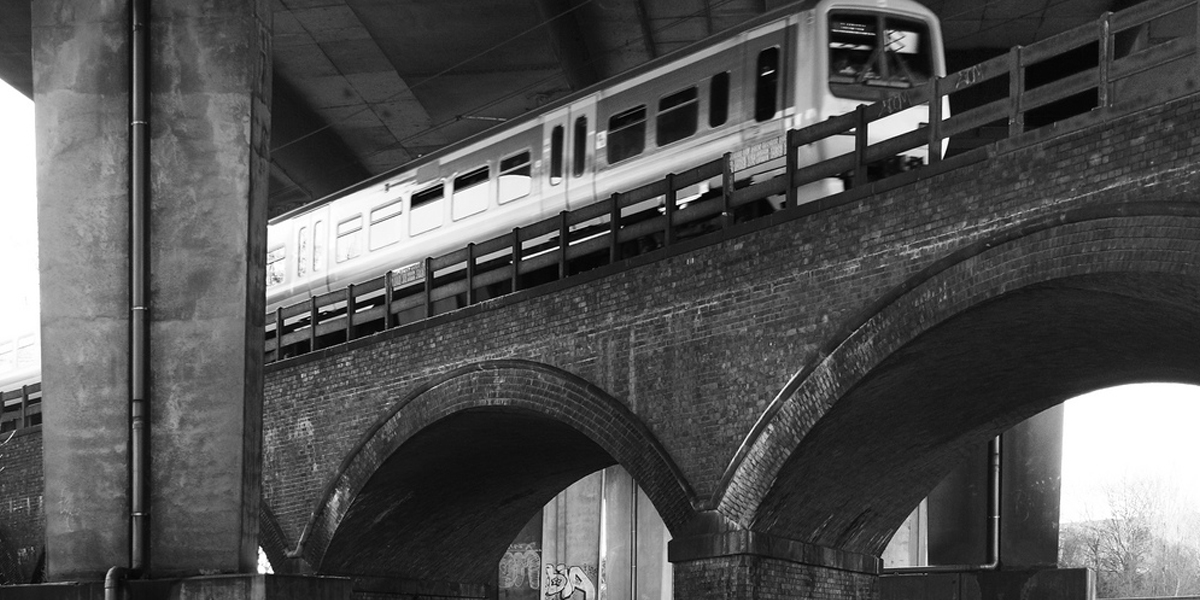Sustainability: Local transport – not the poor relation
Local journeys are the nuts and bolts of our lives. Whether for work or leisure, nearly everything we do relies on decent local transport. We want trains and buses to be convenient, affordable and on-time, and roads and pavements to...
Local journeys are the nuts and bolts of our lives. Whether for work or leisure, nearly everything we do relies on decent local transport. We want trains and buses to be convenient, affordable and on-time, and roads and pavements to be well maintained and safe.
Getting local transport right is highly complex. Local transport policy, spending and services come via an array of Whitehall departments, national government agencies, private sector operators, local authorities and boards and panels. Many of the decisions which most effect local transport (for example, where to locate public services), are not even made by bodies with any formal transport responsibilities. It is this mass of largely uncoordinated decisions that Labour appears to want to tackle.
To give those most affected by local transport more control over how it is organised makes obvious sense. It fits with an orthodoxy that, on paper at least, is shared by all the main Westminster parties. Indeed, the coalition would argue that it has handed over some control of local transport decisions to local authorities to one degree or another on rail, road and bus.
So, why is there still such a pressing urgency to improve the way we organise and deliver local transport?
In terms of funding, unlike the billions being lavished on major infrastructure, local transport remains a poor relation. The collapse in financial support for local authorities has hit buses hard with big year-on-year cuts in services. Worse is expected this year, with some authorities stopping supporting buses at all. This is both regressive and economically short-sighted, with older people, job seekers, people on low incomes and those in education and training relying on buses the most.
The effect of a lack of funding on the condition of local roads is equally dire. Local authorities estimate that £12bn of road repairs are needed and 10 per cent of all local roads are in poor condition. The situation is worsening rapidly, with the repairs backlog now more than four times bigger than the total local authority road repairs budget.
Over-stretched budgets are being compounded by complex, inefficient and unwieldy bureaucracies. Infrastructure needed to support housing growth rarely receives the support it needs. Even a relatively small project like reopening the rail line between Portishead and Bristol, to support a growing population and to offer a good quality alternative to congested roads, is still awaiting the go-ahead.
So, what needs to be done differently?
Rather than funding ‘transport’ for transport’s sake, national Government should recognise that it is actually supporting ‘connectivity’, with access to jobs, health, education and other services. This way, the essential importance for good local transport to meet national policy objectives would pool resources not just from Communities and Local Government and the Department for Transport, but also the Departments for Health, Work and Pensions and Education.
Second, decisions need to be taken at the right level. Although devolved decision-making is only as good as the people you devolve the decisions to (see, for example, Local Transport Bodies’ common desire to resurrect environmentally disastrous road building projects from the early 1990s). We should build on the Transport for London model, using city-regions as the basis for strategic transport planning.
Third, we need a better framework to support local choices. Examples of this include a dedicated, ring-fenced local government funding stream for walking, cycling and sustainable travel. A London-style regulation of bus services should be rolled out, making fares capping and Oyster-style ticketing possible in other places. In rural areas, basic standards of mobility could be maintained by creating joint rail, bus and taxi franchises. The management of more local rail services should be devolved to transport partnerships, and a ‘Road Repair and Renewals Fund’ should be established to deal with backlog of local road maintenance and pavement upgrades.
Ideas like these would dramatically improve local transport in many parts of the country. But they will only come about if the right structures, funding and national policies are in place to make them possible. Warm words about empowering communities will not be enough without a genuine vision of how local transport needs to be changed.
